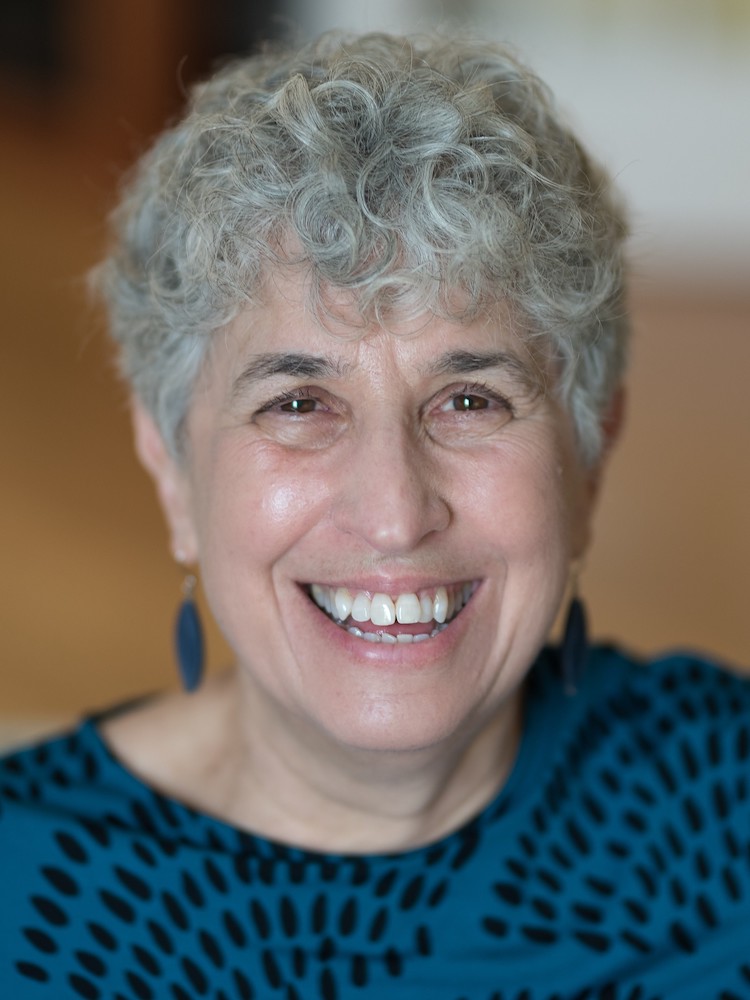We’re supposed to celebrate authors, books and their readers on April 23, World Book and Copyright Day. But this year, Access Copyright is asking us to take a moment to consider how a landmark 2012 copyright decision, which added a “fair dealing” exception to copyright for educational uses in Canada, has led to lower annual incomes for writers.
The “fair dealing” exception has been interpreted differently by organizations such as Access Copyright and the Writers’ Union of Canada, which maintains that a licence is required for any large-scale educational copying — and many universities, notably York University, which maintains that short excerpts from artistic works may be copied in large quantities for class handouts and course packs.
The issue has been the subject of legal proceedings; in April 2020, the Federal Court of Appeal upheld Access Copyright’s interpretation about fair dealing, but also held that it was not mandatory for York University to participate in Access Copyright’s tariff program.
While the direct economic impact of cultural industries in Canada in 2017 was $58.9 billion, or 2.8 per cent of GDP, and the average annual salary in the information and cultural industries was $65,503, the average net income from writing was $9,380.
This is a stark change from preceding decades. Adjusted for inflation, writers in Canada earned 78 per cent less in 2017 than they did in 1998. The Tyee spoke with Rhea Tregebov, incoming chair of the Writers’ Union of Canada, about why that might be and the current state of writing, author incomes and copyright in Canada.
Born in Saskatoon and raised in Winnipeg, Tregebov is the author of several volumes of poetry and children’s books. Her novel Rue des Rosiers won the Nancy Richler Memorial Prize for Fiction. Her first novel, The Knife Sharpener’s Bell, won the J.I. Segal Award and was listed in the Globe and Mail’s top 100 books.
From 2004 to 2017, she was a professor in the creative writing program at the University of British Columbia. She is also a friend and mentor. Our interview has been edited for length and clarity.

The Tyee: It’s been a really hard year, and I’m wondering, before we get into the nitty gritty of writer incomes and copyright — could you tell me about a piece of writing that has helped you get through this year?
Rhea Tregebov: There’s a Mary Oliver poem called “I Worried.” It’s a really good one.
I think for all of us, we’re trying to balance feeling grateful for the degree to which we’re fortunate, and feeling very worried, as Oliver says, very concerned about whatever risks we may have evaded, just knowing the humongous impact on the world at large, and also on many people we love.
The poem reads, “Finally I saw that worrying had come to nothing. / And gave it up. And took my old body / and went out into the morning, / and sang.”
Where concern leads to action, it’s a wonderful thing, but where it just revolves around inside the body, it does no one any good. The poem helps with that balancing act.
Can you explain what the “fair dealing” exception is, and how it has been impacting writers in Canada?
Fair dealing is the right of a user to reproduce copyrighted materials, without paying for permission, under specified circumstances.
Many primary, secondary and post-secondary institutions have been pretty loose about this vaguely worded exception. They’ve interpreted it to mean they no longer have to pay to copy books to distribute to students. They’ve implemented internal policies that mean they can copy and use works for free, when prior to the 2012 Copyright Modernization Act in Canada, they had to pay to do so.
It’s had a huge impact on writers. It means that if someone is using one of my poems in their Grade 12 class, I will not be paid for that specific use. It’s a direct loss of income.
I had a poem on the Grade 12 provincial exam. This was well before 2012. It was thousands of copies, and it was a nice chunk of money for a one-page poem.
What I think the public might not be aware of is that many, many writers cobble together their living as a combination of, say, a part-time day job, a lot of freelancing, a little bit of teaching here and there. If you get a cheque for $1,000 for use of your one-page poem, that has a significant impact on your annual income and can actually both make it much more viable and buy you some writing time.
Do you think it’s harder now for writers in Canada to make ends meet than it was at the beginning of your career? And is copyright the right area of focus when it comes to ensuring something approaching a living wage for writers in Canada?
I think it has become more difficult. There are many admirable exceptions, but lots of writers like to live in cities, because they want to live around other writers, and cities in Canada have become way more expensive.
Our support programs, which have been very important in lifting up writers into a position where they can continue to write — so Canada Council grants, provincial arts grants, in some places, municipal arts grants — although those amounts have increased, they have not increased proportionately.
Canadian writers and artists are very certainly very appreciative that there are systems in place that help keep us from having to give up our writing, but they have not kept pace with the increased cost of living.
One of the things about being paid for copyright is that it’s a recognition of readership and the public role that our works play, as they’re disseminated through the public institutions, in a way that is barrier-free for our readers.
For readers to go to a library, it’s almost barrier-free, and for the work to be read as part of the curriculum is completely barrier-free and is open to the kind of audience who may never buy a book of poetry or walk into a bookstore.
So it’s a recognition of our readership, and a recognition of the actual use of our work, that is much more broad and diverse than traditional revenue streams.
The average net income writers made from their work in 2017 was $9,380, according to the Writers’ Union of Canada. This was down 27 per cent from 2014. It seems like a lot of writers must either be independently wealthy or working other jobs to make ends meet. What do you think the cultural impact would be if writers were paid more fairly for their work?
I think they would be more productive. Every time I got a grant, it pushed the publication date of a book ahead for me.
It can have an impact on the quality of the writing. If you’re less distracted and less anxious, you’re able to provide the work with the intense focus that works of literature need.
If it’s the type of work that requires a lot of research, like a historical novel or a work of creative non-fiction, it gives you the time to do that, and possibly money to do that. If you need to travel, or you need to interview people, you have those resources.
You’ve had your work appear in curriculums and you’ve also created course packs of literary writing for use in classes. What was your approach in consideration of copyright?
I started teaching at UBC in 2005, and we had a centralized, simple way to organize copyright for our course packs through the bookstore. We would submit our course packs in advance, and they would clear all the copyrights, and just like students would buy a textbook, they would buy a course pack, and the writers would be compensated.
After they stopped doing that, I would still submit to the bookstore for the photocopying, but it would be a much more labourious process on the bookstore’s part and to some degree on mine. I needed to provide them with much more detailed information [in order to request and secure copyright].
I always respected copyright. But the mechanism by which I was able to do that was much more cumbersome, and I think what that meant for a lot of busy professors was that they just photocopied on their own departmental photocopiers, because it was effortless.
Why do you think this issue is proving so difficult to resolve?
One of the things that has been painful about this endless legal struggle is that writers can often feel like an endangered community.
Very often, we felt like our allies are educators and librarians. We have so many fronts of common cause, like literacy efforts, freedom to read issues and even just supporting Canadian content. Often we’re very much on the same page, and we feel part of the same community. I have to say I’m really distressed by the lack of understanding of academics, teaching professionals and librarians of the importance of intellectual property and the importance of respecting it.
And I think it’s really, in a way, because we’re living in different economic cultures. When, at the age of 51, I got hired as an academic, suddenly I had a paycheque every two weeks, or twice a month. It was stunning. And I think most teachers and professors and librarians are in that position. They have a steady income. And it might be underpaid, or it might be just fine, but they don’t realize how important it is to have these income supports to make our practices as writers sustainable.
As a writer — and as the next chair of the Writers’ Union of Canada — what would you like the Canadian government to do to address the 2012 Copyright Act’s “fair dealing” exception?
There will be a huge impact if the government updates the copyright law to stop this systemic exploitation of intellectual property so that authors and publishers once again can be equitably paid for their works used by educational institutions.
To me, it’s a gross injustice. ![]()
Read more: Labour + Industry, Media

















Tyee Commenting Guidelines
Comments that violate guidelines risk being deleted, and violations may result in a temporary or permanent user ban. Maintain the spirit of good conversation to stay in the discussion.
*Please note The Tyee is not a forum for spreading misinformation about COVID-19, denying its existence or minimizing its risk to public health.
Do:
Do not: